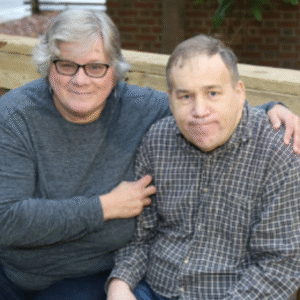Blog
Autism in Older Adults Explained: Signs & Support

When we think of autism, we often picture children, but autism is actually a lifelong neurodevelopmental condition that continues into adulthood and old age. For many older adults, especially those diagnosed late in life or never diagnosed at all the signs of autism may have been present for decades, just misunderstood or mislabeled.
What does autism look like in seniors and how does it shape their daily lives, relationships, and experience of aging?
We will explore what autism means in older adulthood, why it’s often overlooked, and how understanding it can lead to better support, greater empathy, and stronger connections for seniors and their families.
Autism is often associated with children and young adults, but did you know that many seniors are also on the autism spectrum? As the population ages, it’s important for caregivers and families to understand how autism can affect seniors and how to provide the right support. From daily routines to emotional care, every detail matters to ensure their comfort and well-being.
Autism is a lifelong condition that affects how a person communicates, socializes, and experiences the world. While we often think of autism in children, many older adults are also on the spectrum, often undiagnosed for years. Knowing this helps families and caregivers provide the understanding and patience seniors need to feel safe and respected.
Challenges Caregivers May Face
How Families Can Support Them?
Family involvement makes a big difference. Keep daily routines predictable, create a calm environment, and work closely with caregivers to share helpful information about preferences and triggers. Most importantly, be patient and listen , your support helps your loved one feel valued, understood, and cared for in every stage of life.








